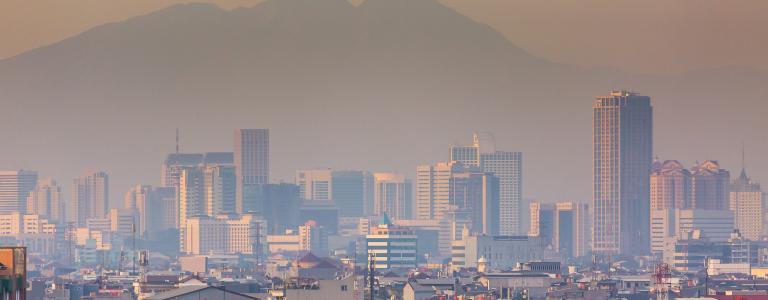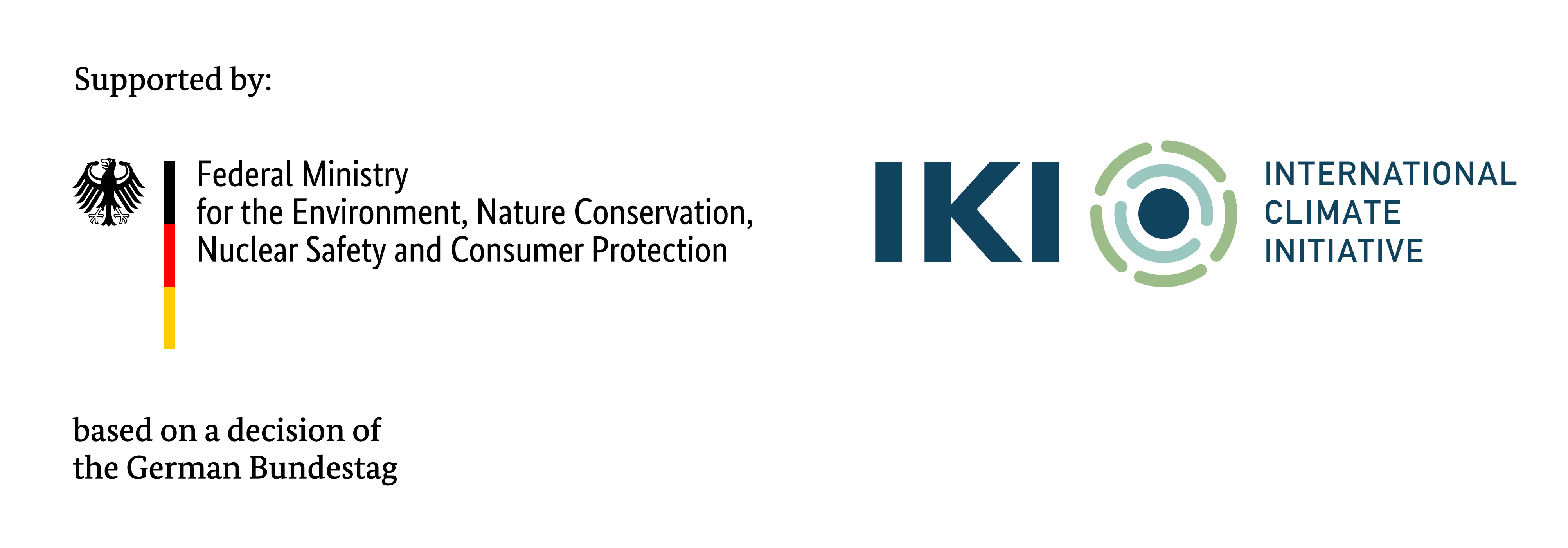Sustainable Infrastructure Programme in Asia (SIPA)
SIPA aims to support countries in Central and Southeast Asia transition towards energy, transport and industry systems aligned with the Paris Agreement and Sustainable Development Goals. SIPA provides countries with capacity development and policy advice at different stages of the infrastructure investment cycle.
The Sustainable Infrastructure Programme in Asia (SIPA) aims to help selected Central and Southeast Asian countries scale up energy, transport and industry infrastructure investments, and shift them towards infrastructure projects consistent with low-emission, resilient development pathways and the Sustainable Development Goals. SIPA primarily focuses on Kazakhstan, Mongolia and Uzbekistan in Central Asia as well as Indonesia, the Philippines and Thailand in Southeast Asia. Other countries in both regions will benefit from SIPA’s activities through regional policy dialogues and capacity building seminars. SIPA also engages with stakeholders in China as a major centre of infrastructure investment as well as source of outward foreign investment in infrastructure. SIPA is implemented by the OECD and various international partners.
SIPA supports governments at all stages of infrastructure development, from planning and design to financing and delivery:
- Strategic infrastructure planning and project evaluation: SIPA supports partner governments to better align strategic infrastructure planning and project-level assessment with long-term low-carbon, resilient and inclusive development pathways.
- Multi-dimensional project evaluation: SIPA develops capacity in governments to undertake asset-level sustainability assessments on selected strategic infrastructure projects and to improve consistency between short-term investment decisions and long-term goals.
- National policy frameworks: SIPA helps partner governments strengthen enabling framework conditions for low-emission infrastructure in the energy, transport and industry sectors.
- Sustainable finance and responsible business conduct: SIPA promotes sustainable finance and Responsible Business Conduct (RBC) principles within governments, financial institutions and relevant business sectors operating in the regions.
- Regional peer-learning and knowledge management: SIPA establishes regional peer-learning networks and training programmes on sustainable infrastructure planning and financing in the regions of Central Asia, Southeast Asia and beyond.
Our work
We are undertaking Sustainable Asset Valution (SAVi) assessments on infrastructure projects in select cities, applying the SAVi methodology and providing training and capacity building on how to identify and value the wider benefits and costs of a project in an integrated cost-benefit analysis. We aim to raise awareness of the importance of incorporating sustainability impacts into financial analysis and models, as well as perform capacity building with government officials. We are currently working on assessments in Uzbekistan, Kazakhstan, the Philippines and Indonesia.
Partners
OECD: SIPA is implemented by the OECD, building on and contributing to their existing regional networks in Central Asia (the GREEN Action Task Force and the OECD Eurasia Competitiveness Programme) and Southeast Asia (the OECD Southeast Asia Regional Programme), notably its Regional Policy Network on Sustainable Infrastructure.
International Transport Forum (ITF): develops country-specific and regional roadmaps for decarbonized transport systems together with selected national governments.
Institut du développement durable et des relations internationales (IDDRI): provides support to selected governments in Central Asia to develop long-term, low-emission development strategies.
United Nations Development Programme (UNDP): facilitates regional peer-learning networks and training programmes on sustainable infrastructure planning and financing in Southeast Asia; also provides implementation support in selected countries (transport and industry) and coordination of activities in China.
World Wildlife Fund for Nature (WWF): supports selected governments to mainstream natural capital and ecosystems services in sustainable infrastructure planning.
University of Central Asia (UCA): organizes regional peer-learning networks and training programmes on sustainable infrastructure planning and financing in Central Asia.
Project team

Liesbeth Casier
Lead, Public Procurement and Sustainable Infrastructure and Coordinator of the NBI Global Resource Centre

Benjamin Simmons
Director, Sustainable Infrastructure

Andrea Bassi
Senior Associate

Michail Kapetanakis
Research Analyst

Nathalia Niño
Associate

Becca Challis
Communications Officer
Latest
You might also be interested in
A Sustainable Asset Valuation of Non-Motorized Transport in Coimbatore, India
A Sustainable Asset Valuation (SAVi) of the economic, social, and environmental benefits of a non-motorized transport (NMT) network in Coimbatore, India.
A Sustainable Asset Valuation of a Bus Rapid Transit System in Bandung, Indonesia
This report presents the economic valuation of a planned Bus-Rapid Transit system in Bandung, Indonesia, including investment costs, added benefits, and avoided costs.
Uncovering the Value of Sustainable Transport Investments
Using a case study in Coimbatore, India, IISD demonstrates the importance of recognizing, valuing, and reflecting the full economic, social and environmental benefits and costs of a transport project in infrastructure decision-making.
Valuing Sustainable Transport
All infrastructure investments generate benefits and costs, which is why it is crucial to identify, quantify, and analyze all impacts surrounding a project. IISD developed the Sustainable Asset Valuation (SAVi) method to do just that, helping investors, planners, and policy-makers make informed decisions about sustainable transportation investments. Join us for this webinar series on valuing sustainable transport with SAVi.

